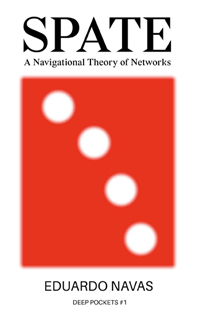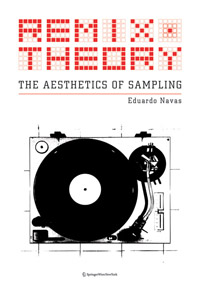Brief Notes on Janneke Adema’s “Schyzophonia. On Remix, Hybridization and Fluidity”

Walter Benjamin
Image source: Open Reflection
Critical Note: Janneke Adema recently wrote a long post on her blog Open Reflections about remix culture, titled “Schyzophonia. On Remix, Hybridization and Fluidity.” Aderna cites parts of my essay “Remix The Bond of Repetition and Representation” in order to extend her own views on remix culture. One thing that caught my attention is the concept of the “work in progress” which she entertains when citing an interview with Joe Farbrook. Farbrook’s propositions are parallel to my own views on constant updating, about which I wrote a couple of years ago in another essay titled “Regressive and Reflexive Mashups in Sampling Culture.” Adema interestingly enough considers knowledge remixable, and she cites my own position on history to support her argument. While I don’t think knowledge itself is necessarily remixable in terms of Remix proper, I am compelled by Adema’s argument. On this regard, the following question recurs: When should one stop calling cultural hybridity a form of remix? On her part, I think Adema does a good job in entertaining this preoccupation, ending with a reference to none other than Walter Benjamin. The article is worth a careful read. Other great resources are mentioned as well.
———–
I read Lawrence Lessig’s Remix a few months ago, a great book with a stimulating positive approach to the whole piracy and copyright problema, focusing on finding solutions which cater to the increasingly prevailing remixed and remediated forms of digital art and culture, in which the hybrid has become common ground. Lessig discusses new musical ‘innovators’ like Girl Talk, who creates elaborate and eclectic remixes of current pop sounds and anthems, creating a new musical discourse which reflects, winks, ironizes and mocks, while still standing firmly on its own. These kind of adaptations, versionings or reinterpretations have been part of music since its beginnings, coming to the forefront mostly in dub, hiphop, turntablism and the use of samples in electronic music. Just think about all the beats, breaks, loops and glitches that have made a career for themselves and their derivative offspring in musical history.
Read the entire article at Open Reflections








